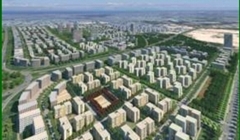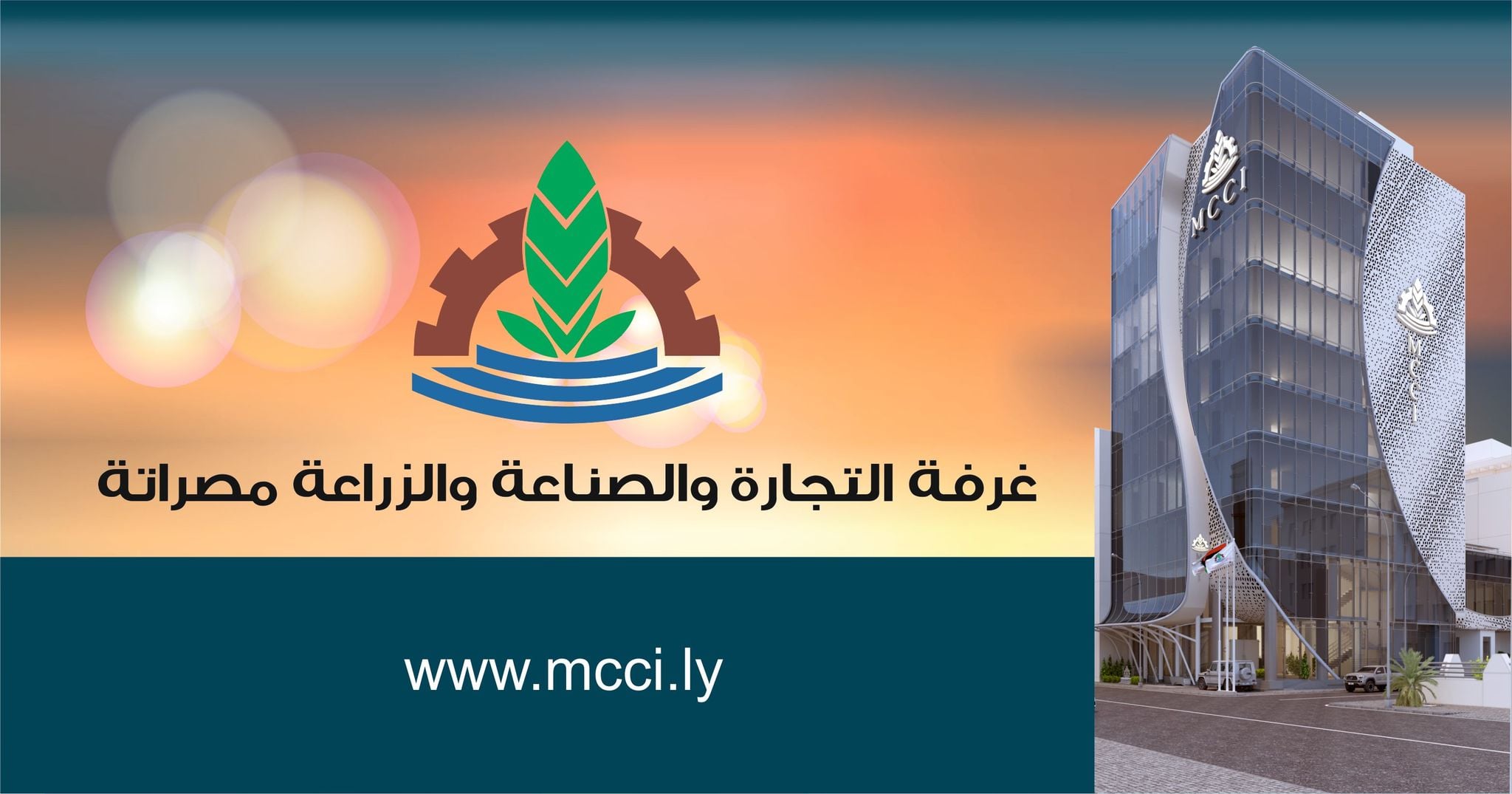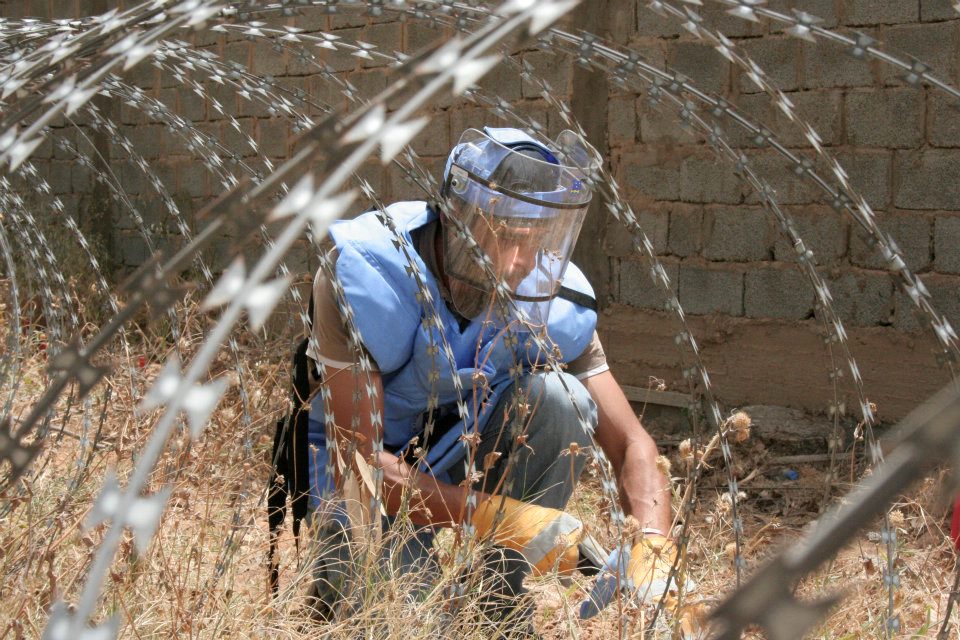By Naeema Misrati and Sami Zaptia.

Tripoli, 20 December:
The Libyan Holding Company for Development and Investment, part of the Economic and Social . . .[restrict]Development Fund (ESDF), organised a signing ceremony on Tuesday, 18 December.
The ceremony was for contracts for the sale of some of the administrative buildings at the “Bab Tarabulis project 1” (Tripoli Gate 1) on the Airport Road.
The ceremony was attended by a number of officials from state institutes, including the president and department managers of the Development Fund, the President and department managers of the Tax Directorate, the general manager and department managers of the Development Bank, the Director General and department managers of the National Investment Company, representatives from the Ministry of Industry, the general manager of the Libyan Qatari Bank, representatives of the National Commercial Bank, a number of representatives of local banks, and representatives of some Libyan and joint venture implementing companies.
The Bab-Tarablus 1 project, located on the Airport Road, is considered by its developers as “one of the most important major investment projects in the country, aiming at contributing towards the actual plan of development, construction and investment in Libya”.
The developers also highlighted the fact that the project is marked by the importance of its location, easily accessible by all roads leading to Tripoli, and has the advantage of being within close proximity of the most important construction projects located nearby.
They also felt that it was the first project of its kind in Libya to include a wide range of administrative buildings in one place.
This project is constructed on a 67 hectares site, divided into 22 areas which include a range of towers and administrative and service buildings, in addition to residential buildings to be used by those who work and use these office buildings.
On the ESDF website the project value of stage 1 is reported at 609 million dinars.
The developers report that several Ministries, banks and companies made requests to purchase some of these buildings to use as their official headquarters.
At the signing ceremony contracts were signed with the Development Bank, the Tax Department and the National Investment Corporation.
The developers said that they expected other contracts to be signed soon, having reached agreement to sell office buildings to several ministries, including the Ministries of Industry, Finance, Labour and Rehabilitation, Water Resources, Telecommunications, the Exports Development Centre, and Afriqiyah Airways.
It is worth noting, however, that there are claims to some of the lands upon which some of these projects are built.
Some Libyan citizens are not happy at having been forced by the Qaddafi regime to sell their land at what they considered derisory prices, while the Qaddafi regime valued the same land at a much higher rate when forming joint ventures with foreign investors.
Many do not regard it as a ‘sale’ at all, but as forced confiscation by a politically and morally corrupt regime.
Whilst some Libyans had accepted compensation, others did not and are awaiting a fairer settlement. Others want their land back and are awaiting work to commence so that they can take halt the projects and take them to court.
Many Libyan citizens consider some of the ESDF projects on their private lands as commercial projects and not ‘national interest’ projects such as roads, railways, schools or hospitals.
They feel that commercial projects such as office buildings or shopping centers/malls should be treated on the bases that they are commercial profit-making ventures and that the developers should compensate them on purely commercial bases.
It will be interesting to see how the new democratic Libyan authorities and the new independent courts deal with the multiplicity of claims by Libyan citizens to land with ESDF development projects.
It is to be noted that a number of Libyan citizens have already formed an association representing those who have had land or property confiscated by the previous regime.
Without solving the land claims upon which many of these ESDF development projects are based, it is difficult to see how Libya’s vast development and construction projects can proceed.
[/restrict]










